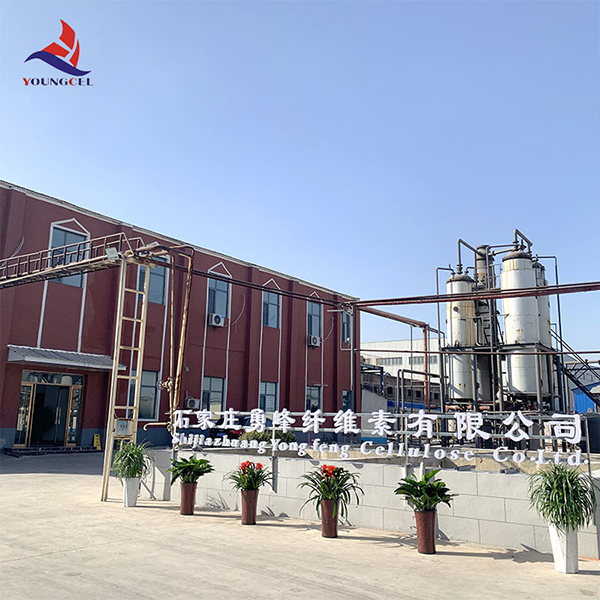The Role of Cement Mortar Additives in Construction
Cement, a fundamental material in the construction industry, serves as the binding agent in various applications, including homes, bridges, and high-rise buildings. However, the plain cement mortar can sometimes lack the desired properties, leading to challenges in performance and durability. To enhance the physical and chemical characteristics of cement mortar, various additives have been developed and introduced into construction practices. This article explores the significance of cement mortar additives, their types, and their specific benefits.
Cement mortar additives, also known as admixtures, are materials added to cement mortar to modify its properties and improve its performance. These additives can be classified into several categories, each serving distinct purposes. The most common types of additives are plasticizers, retarders, accelerators, air-entraining agents, and waterproofing agents.
Plasticizers are used to improve the workability of cement mortar. They help reduce the water-cement ratio without compromising the mixture's consistency, resulting in a more workable blend. This is particularly advantageous when working in situations that require ease of application or when using machinery for large-scale projects. Improved workability not only speeds up the construction process but also enhances the overall finish of the mortar.
Retarders play a crucial role in extending the setting time of cement mortar. This is especially useful in hot weather conditions where the rapid cure could lead to cracks and other structural weaknesses. By prolonging the setting time, retarders provide workers with more leeway to manipulate and finish the mortar before it hardens, ensuring a better quality application. Conversely, accelerators are additives that speed up the curing process. They are utilized in colder climates or during time-sensitive projects, allowing construction to proceed without delays caused by long curing times.
cement mortar additive

Air-entraining agents are another significant category of cement mortar additives. They introduce tiny air bubbles within the mortar, which help improve its resistance to freeze-thaw cycles. This property is particularly important in regions with severe weather conditions where expansion and contraction due to temperature fluctuations can lead to significant structural damage. The inclusion of air-entraining agents can enhance the durability and lifespan of cement mortar applications significantly.
Waterproofing agents are designed to enhance the water resistance of cement mortar. In environments exposed to moisture or water pooling, waterproof additives are vital. They create a hydrophobic barrier that prevents water penetration, thereby minimizing the risk of mold, mildew, and corrosion of reinforcements within the structure. This is particularly crucial in basements, bathrooms, and exterior walls of buildings.
In addition to these benefits, the use of cement mortar additives can contribute to sustainability in construction. By improving the performance of mortar, additives can facilitate the use of less cement in a blend while still achieving desired strength and durability. This, in turn, reduces the carbon footprint associated with cement production, which is a significant contributor to global greenhouse gas emissions.
Moreover, as the construction industry evolves, there is a growing emphasis on developing innovative, eco-friendly additives derived from natural or recycled materials. These advancements not only enhance the properties of mortar but also align with global sustainability initiatives.
In conclusion, cement mortar additives play a crucial role in modern construction, offering numerous benefits that enhance the performance, durability, and sustainability of cement mortar applications. As the industry continues to innovate, the development and deployment of effective additives will likely remain a key focus for achieving higher standards in construction maintenance and longevity. By understanding and utilizing these additives, builders and engineers can create structures that not only meet but exceed contemporary demands for efficiency and resilience.
-
Rdp Powder: Key Considerations for Wholesalers in the Building Materials IndustryNewsJul.08,2025
-
Key Considerations for Wholesalers: Navigating the World of Hpmc - Based ProductsNewsJul.08,2025
-
Hpmc Detergent: Key Considerations for WholesalersNewsJul.08,2025
-
Key Considerations for Wholesalers: China Hpmc For Tile Adhesive, Coating Additives, Concrete Additives, and MoreNewsJul.08,2025
-
Crucial Considerations for Wholesalers: Navigating the World of Construction MaterialsNewsJul.08,2025
-
Key Considerations for Wholesalers Sourcing Additive For Cement, Additive For Concrete, Additive For Putty from Additive Manufacturer Shijiazhuang Gaocheng District Yongfeng Cellulose Co., Ltd.NewsJul.08,2025




